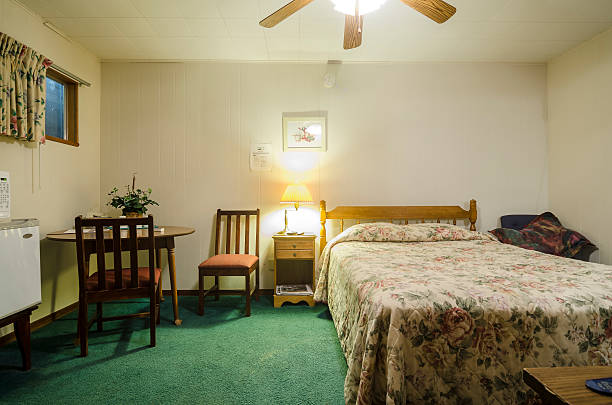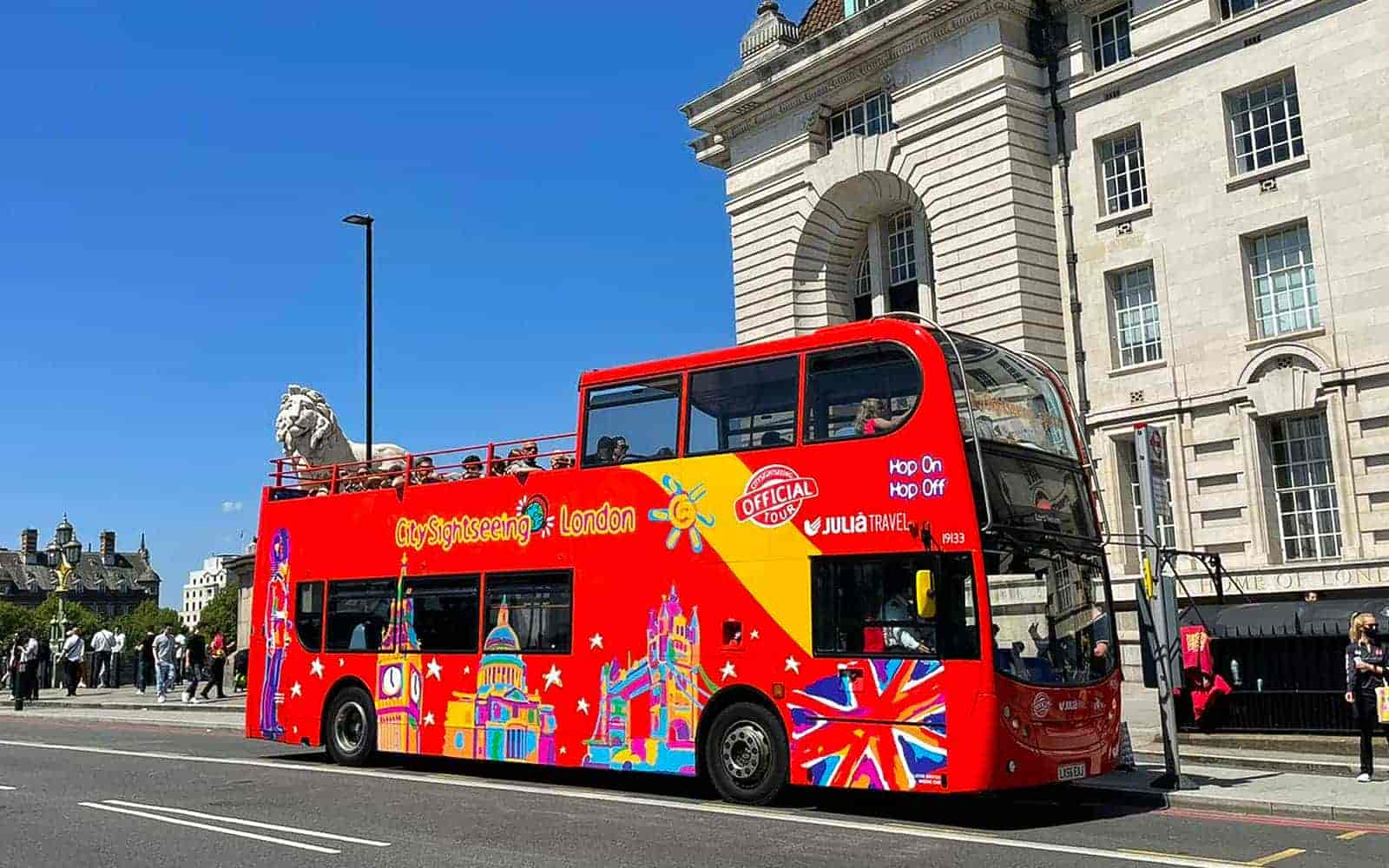| Posted on | entertainment
Travel
0
166 Views
Exploring new horizons is thrilling, but your wallet might need some TLC along the way. No worries, we've got your back! Check out these savvy strategies to make your money go the distance when you travel:

1. Budget Like a Pro
Creating a travel budget is like drawing up a roadmap for your journey. It's the foundation for smart spending, and it all starts before you even book your tickets. Here's a more in-depth look at how to master this essential step:
a. Research Your Destination: Start by researching your destination. Understand the cost of living, currency exchange rates, and typical expenses. This knowledge will help you set realistic spending limits.
b. Prioritize Expenses: Not all travel expenses are created equal. Allocate your budget based on priorities. For example, if you're an adventure enthusiast, you might want to dedicate a larger portion to activities and experiences, while a foodie might focus on culinary adventures.
c. Leave Room for Surprises: While planning is crucial, it's also important to leave some flexibility in your budget for unexpected expenses or spontaneous opportunities that may arise during your trip. This way, you won't feel constrained by your financial plan.
d. Track Your Spending: Once you're on the road, diligently track your expenses. There are numerous apps and tools available that can help you monitor your spending in real-time. This will help you avoid overspending and unexpected expenses
e. Consider Travel Insurance: While travel insurance isn't directly related to budgeting, it's a financial safety net. It can protect you against unexpected medical expenses, trip cancellations, or lost luggage, potentially saving you a significant amount of money in emergencies.
2. Affordable Accommodations

The cost of accommodation can be a big part of your travel budget. Let's explore some strategies to find wallet-friendly options without sacrificing comfort:
a. Hostels: Hostels are budget travelers' best friends. They offer dormitory-style rooms with shared facilities, making them an excellent choice for solo travelers or those seeking a social atmosphere. Many hostels also provide private rooms for a bit more privacy.
b. Guesthouses: Guesthouses are often family-run establishments that offer cozy and affordable lodging. They can be found in various destinations and provide a more personal touch to your stay.
c. Vacation Rentals: Platforms like Airbnb and Vrbo allow you to rent apartments, homes, or even just a room in someone's house. This option can be economical, especially for groups or longer stays, as you can often cook your meals.
d. Camping: If you're an outdoor enthusiast, consider camping. It's not only budget-friendly but also a fantastic way to connect with nature. Just be sure to research camping regulations and safety precautions at your destination.
e. Loyalty Programs: If you're a frequent traveler, consider joining loyalty programs for hotels or accommodations. Accumulate points and enjoy discounts or free stays on your future trips.
3. Be Your Own Chef
Eating out three times a day can quickly deplete your travel funds. Here's how to savor local flavors without breaking the bank:
a. Local Markets: One of the joys of traveling is exploring local markets. Not only can you find fresh and affordable produce, but it's also a cultural experience. Buy fruits, vegetables, and snacks to enjoy throughout the day.
b. Street Food: Street food vendors offer a taste of authentic cuisine at a fraction of restaurant prices. Be sure to check reviews or ask locals for recommendations to ensure both taste and safety.
c. Hostel Kitchens: If you're staying in hostels or accommodations with kitchen facilities, take advantage of them. Cooking your meals allows you to control your expenses and dietary preferences. It's also an opportunity to experiment with local ingredients.
d. Lunch Specials: Many restaurants offer lunch specials that are more budget-friendly than their dinner menus. Opt for the midday meal to savor the same flavors at a lower cost.
e. Share Meals: Portions can be generous in some countries. Consider sharing dishes with travel companions to save money and reduce food waste.
4. Free Fun Finds
Exploring your destination doesn't always have to come with a price tag. Here are more ideas for enjoying free or low-cost activities:
a. Nature Exploration: Take advantage of the great outdoors. Hiking, swimming in natural pools, or simply enjoying a day at the beach are often free or come with a small entrance fee.
b. Local Festivals: Check if there are any local festivals or events happening during your visit. These can provide a rich cultural experience and are often free to attend.
c. Self-Guided Tours: Many cities offer self-guided walking tours that allow you to explore at your own pace. All you need is a map or a smartphone app with GPS.
d. Museums and Art Galleries: While some museums charge an entrance fee, many offer free admission on specific days or during certain hours. Do your research and plan your museum visits accordingly.
e. Volunteer Opportunities: Consider giving back to the community you're visiting by volunteering. Many organizations welcome travelers to participate in local initiatives, which can be a rewarding and cost-effective way to spend your time.
5. Hop on Public Transport

Public transportation can be a lifesaver for your budget, and it also provides a more authentic travel experience:
a. City Passes: Many cities offer tourist passes that grant access to buses, trams, subways, and sometimes even entry to popular attractions. These passes often provide significant savings compared to paying for each ride individually.
b. Walk and Explore: If your destination is pedestrian-friendly, walking is not only cost-effective but also a great way to immerse yourself in the local culture and discover hidden gems.
c. Bicycles and Scooters: In some cities, bike-sharing or scooter-sharing programs are available. These can be a fun and inexpensive way to get around town.
d. Local Advice: Ask locals for transportation tips. They often know the most efficient and economical ways to navigate their city.
e. Plan Routes Carefully: Before heading out, plan your route to minimize transportation costs. Combine multiple activities in the same area to avoid unnecessary commuting.
By planning wisely, choosing affordable options, and embracing the local culture, you can make your money last and create lasting memories on your journey.
